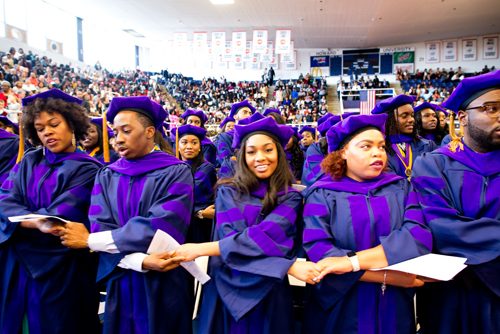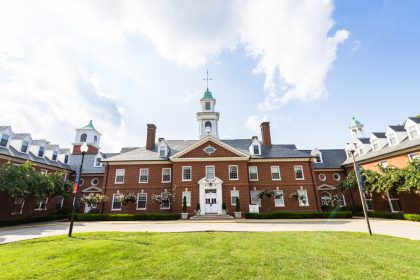
As president and executive director of Lawyers of Color, I am proud to announce the release of the third edition of the Black Student’s Guide to Law Schools & Firms.
Lawyers of Color is a nonprofit devoted to promoting diversity in the legal profession and advancing democracy and equality in marginalized communities, and our annual report ranks the best law schools for African American students.
For the first time, Howard Law is No. 1 on the list of the “Top 25 National Law Schools for Black Students.” The remaining schools on the list, ranked in order from No. 2 to No. 25, are as follows:
2. Columbia Law School
3. University of Chicago Law School
4. Harvard Law School
5. Duke University School of Law
6. Georgetown University Law Center
7. University of Pennsylvania Law School
8. University of Virginia School of Law
9. Stanford Law School
10. Yale Law School
11. Cornell Law School
12. University of California, Berkeley School of Law
13. University of Alabama School of Law
14. New York University School of Law
15. Washington University School of Law
16. Vanderbilt University Law School
17. Georgia State University College of Law
18. The George Washington University Law School
19. University of Texas School of Law
20. Boston University School of Law
21. Temple University Beasley School of Law
22. Boston College Law School
23. Fordham University School of Law
24 University of North Carolina School of Law
25. University of Michigan Law School
The report notes that among the best regional law schools, Iowa and North Dakota law schools awarded Black graduates more than 5 percent of their juris doctor degrees. That’s more than the law schools at the University of Arkansas Fayetteville and Louisiana State University, which are located in states with high percentages of Black residents.
Law schools were evaluated based on 10 criteria that included the school’s bar passage rate and the percentage of jobs law students received that required a JD degree. A bonus was calculated for law schools with Black deans, of which there are a record 29. A quarter of law schools have more than 10 percent Black faculty.
This increased diversity is due to increased mentoring and training of prospective law professors and administrators. The academy has been intentional in its efforts to increase the law school leadership pipeline. We are now seeing dividends. Having greater minority representation in the academy serves as inspiration for black law students.
Lawyers of Color also ranked the best regional law schools. In addition to the overall scoring, greater weight was given to the percentage of JD degrees a law school awarded to Black law graduates and the amount of residency tuition, which could not exceed $35K.
Of note: Iowa and North Dakota law schools awarded Black students more than 5 percent of their JD degrees. That’s more than the University of Arkansas Fayetteville and LSU, which are located in states with high percentages of Black residents.
















